
Akwa Ibom Tech Week 2024
Ibom Heritage organized the cultural night component of the Akwa Ibom Tech Week 2024 edition.

Ibom Heritage organized the cultural night component of the Akwa Ibom Tech Week 2024 edition.
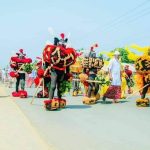
Ukapadisua 2023 for us saw us show up at Iboku Uruan and Ikot Akpan Abia Ubium Day. For those who don’t understand, Ukapadisua is the
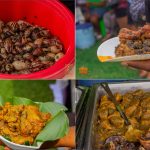
Usen Ndia – ‘Uyo Food Festival’ – is an Annual culinary initiative that holds in Uyo. It was begun in 2018 with the primary aim
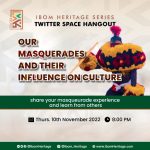
Thursday the 11th of November 2022 was yet another chapter for Ibom Heritage Preservation Organisation. A Forum was hosted by the organisation with focus on

We listed 4 key reasons that divorce is allowed in the Ibibio culture in a previous article (read here). In this article, we highlight 4
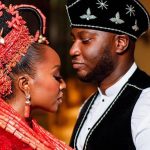
The topic of divorce among the Ibibio people is treated in Oto-Obong Uwah’s book “Ibibio Nation: History & Culture” (Buy here). This article draws from
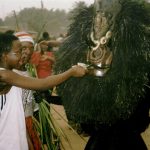
Ekpo society is a large one characterized by many arms. It is even safe to consider them as different types although they are all ‘Ekpo’.

The Ekpo society is an interesting part of Akwa Ibom culture. Although colonialism watered down the substance of these aspects of our culture, we have
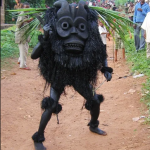
The Ekpo society is one of the foremost secret societies in the Ibibio society. ‘Ekpo’ means ‘ghost of an ancestor’ literally. As a cultural society
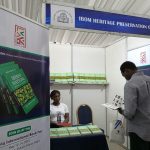
Accolades continue to pour in for Oto-Obong Uwah’s book, ‘Ibibio Nation: History & Culture’. The depth of quality that it features continues to draw in
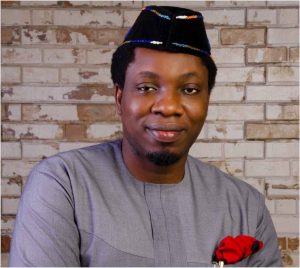
Oto-Obong Aniefiok Uwah is the author of Ibibio Nation: History and Culture. He represents the new generation of Philosopher-Kings who believe in the unfailing strength of the human capacity to change every contrary situation. A highly motivated individual, he also plies his social trade in public speaking, coaching and mentoring.
He holds a BSC in Accounting from the University of Uyo and an MSC in International Accounting & Finance from the University of Liverpool. In his career, spanning over 19 years as an accountant and budget/cost analyst in the public and private sectors, he has developed a robust aptitude for analytical reviews and cost management towards efficient project delivery; having practiced as a Trainee Accountant with the Federal Civil Service and Cost Controller in the Oil & Gas Sector.
In actualizing various roles within this professional context, he built capacity and mentored other professionals in those roles. Currently an HR Compensation and Benefits professional, Oto-Obong has used his experience as an active labour unionist to push reforms that have led to a fairer welfare and compensation structure within the workplace.
Currently an HR Compensation and Benefits professional, Oto-Obong has used his experience as an active labour unionist to push reforms that have led to a fairer welfare and compensation structure within the workplace.
Oto-Obong Uwah is a Fellow of the Institute of Chartered Accountants of Nigeria (ICAN). He is widely trained on both local and international platforms, enhancing his professional capacity towards improved service delivery.
He is a poet, writer, political scientist, public commentator, sports enthusiast, and an accomplished humanist. His latest foray as a humanist is in the field of anthropology and heritage studies, committed to the propagation of the Nigerian cultural heritage.
Oto-Obong Uwah is of the Pentecostal section of the Christian community, happily married and blessed with three beautiful daughters. As a philanthropist, he has teamed up with his beloved wife to sponsor scores of indigent Nigerians through various levels of education. He is a very sociable person and an astute networker, easily found in the company of smart and intelligent people.
His life’s dream is the consistent improvement of humanity and the continued development of the social eco-system to make for a more fulfilling life for all. Driven by this mantra, he set out in 2015, to document the history of his Atan Offot Community in Uyo Local Government Area of Akwa Ibom State. What started as a clan-centered ambition to document the history of a small community created the pathway to a more expansive research that evolved to produce the book shared with the public today. Thus, Ibibio Nation: History and Culture is one of his modest contributions to the current global interest in the history and sociology of ethnic minorities.